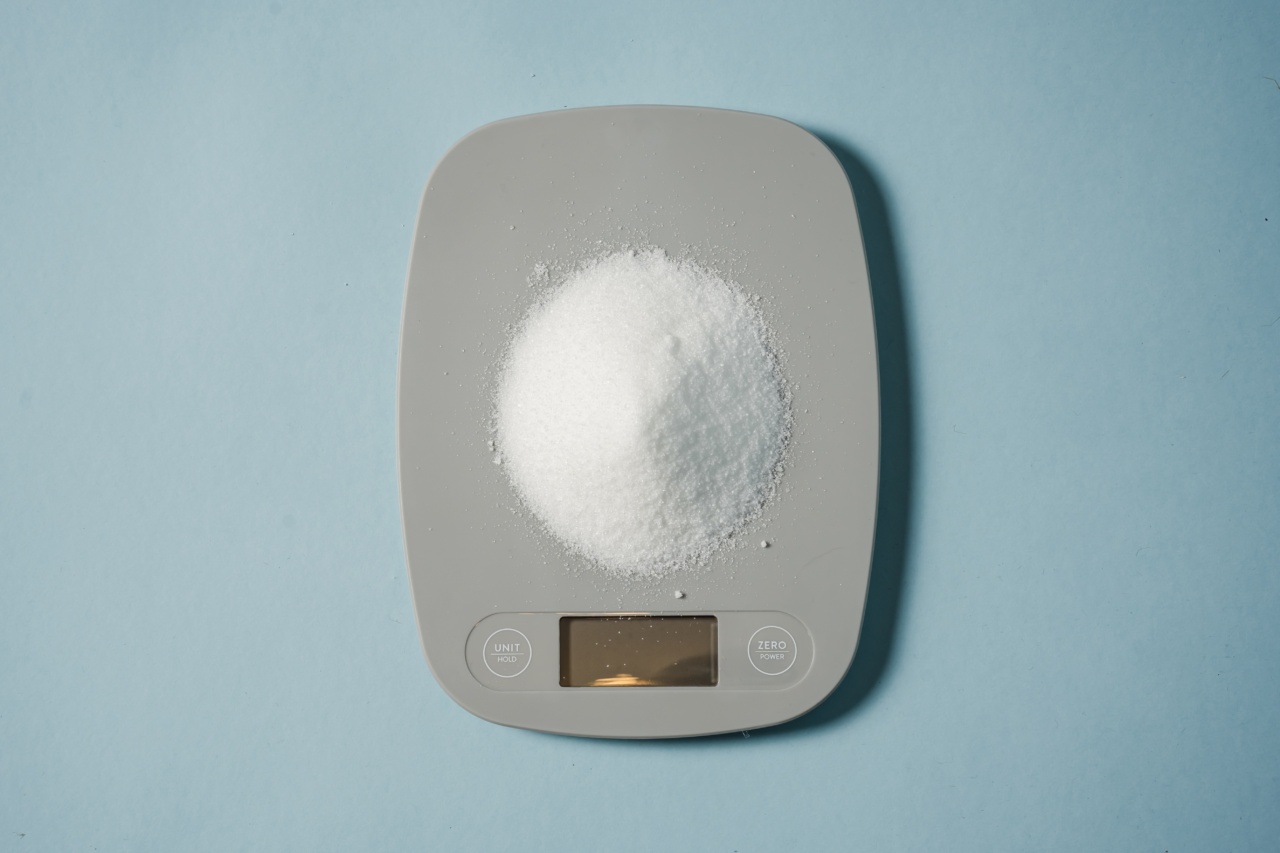Scales are a vital tool for monitoring and managing body weight. However, various factors can affect the accuracy of weight measurements, leading to subjective or inconsistent results.
To obtain the most objective weight measurement, several factors should be considered, including the time of day, clothing, food intake, and hydration levels.
The Influence of Time of Day on Weight Measurements
Weight can fluctuate throughout the day due to various reasons, including food and fluid intake, exercise, and natural bodily processes. Therefore, the time at which you weigh yourself can significantly impact the objectivity of the measurement.
Morning: Many experts recommend weighing yourself in the morning after waking up, as the body is typically in a fasted state. This ensures that the weight measurement is not influenced by recent food or fluid intake.
Additionally, the morning measurement provides a consistent baseline, allowing you to track progress over time.
Evening: Weighing yourself in the evening may yield higher weight measurements due to factors such as food intake and water retention throughout the day.
However, if you choose to weigh yourself in the evening, it is essential to be consistent and account for these factors when interpreting the results.
The Impact of Clothing on Weight Measurements
When stepping on a scale, it is crucial to consider the clothing you are wearing. Clothing can add weight to the measurement, leading to subjective readings.
Naked: Weighing yourself without any clothing provides the most accurate and objective weight measurements. This leaves no room for clothing weight to skew the results.
Consistent Clothing: If weighing yourself in specific garments, it is important to be consistent. Choose lightweight clothing and always wear the same attire when stepping on the scale. This allows you to compare measurements accurately over time.
Food Intake and Weight Measurements
Your recent food intake can impact the number reflected on the scale. Understanding the relationship between food and weight measurements is crucial for obtaining objective results.
Fasted State: Weighing yourself in a fasted state, such as in the morning before breakfast, provides a more objective measurement. This avoids the influence of recently consumed food or beverages.
Post-Meal: Weighing yourself directly after a meal can lead to subjective weight measurements. Food and fluids have weight, and your body may not have had time to process and eliminate them yet.
Wait a few hours after a meal to get a more accurate reading.
The Role of Hydration in Weight Measurements
Hydration levels can significantly influence weight measurements. Understanding how hydration affects the body can help you obtain more objective results.
Pre-Hydration: When you drink water or other beverages, the weight of the liquid is temporarily added to your body weight.
Before stepping on the scale, ensure you have emptied your bladder and wait for a fair amount of time to pass since your last drink.
Dehydration: Dehydration can cause temporary weight loss as the body loses water. However, this weight loss is not indicative of actual fat loss and should not be mistaken as such.
It is crucial to stay hydrated for overall health and accurate weight monitoring.
Additional Factors Affecting Objective Weight Measurements
Aside from time of day, clothing, food intake, and hydration levels, several other factors can impact weight measurements. It is important to be aware of these factors to ensure the most objective readings.
Consistent Scale: Using the same scale consistently allows for accurate tracking of weight changes. Different scales may have variations, leading to inconsistencies in measurements.
Scale Placement: Placing the scale on a hard and level surface ensures stability and consistent measurements. Uneven or soft surfaces can affect readings.
Weighing Frequency: The frequency at which you weigh yourself can also affect objectivity. Weighing yourself daily may lead to variations due to factors like water retention and digestion.
Experts often recommend weighing yourself once a week for more consistent results.
Body Positioning: The way you stand on the scale can affect weight measurements. Ensure you are standing straight and evenly distributed on the scale platform for accurate readings.
Conclusion
Obtaining objective weight measurements is crucial for monitoring progress and making informed decisions about one’s health and fitness journey.
Considering factors such as the time of day, clothing, food intake, hydration levels, and other additional factors discussed above can contribute to more accurate and reliable measurements. By following these guidelines, individuals can obtain a clearer picture of their weight changes and make informed choices accordingly.
























